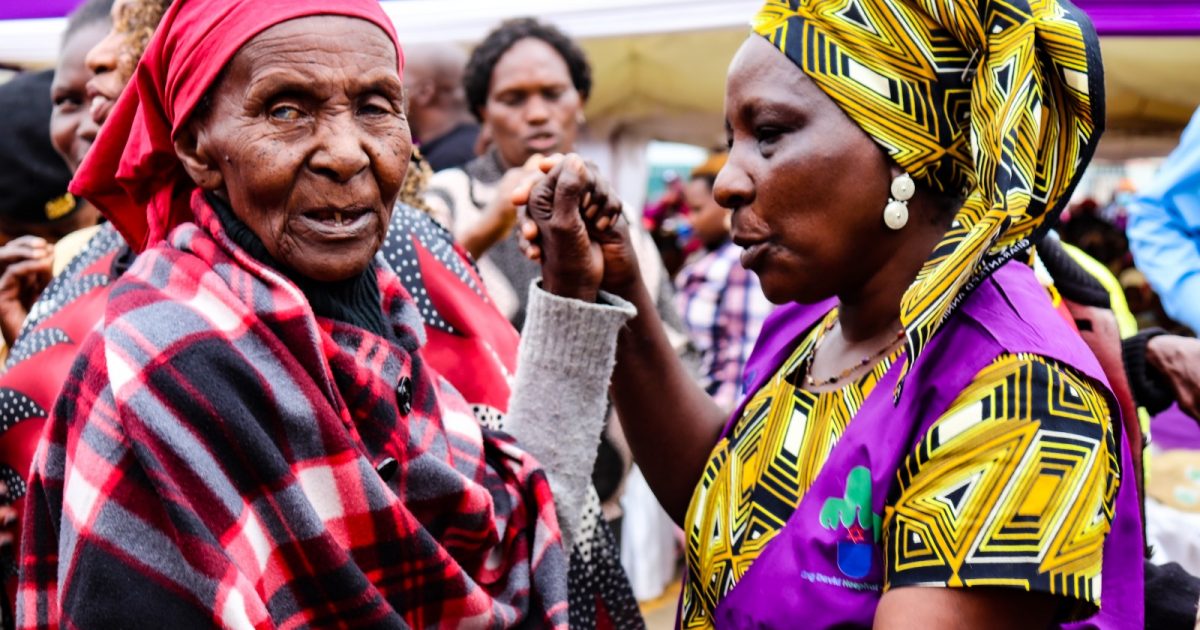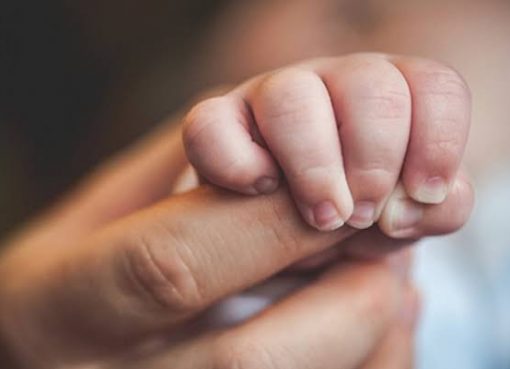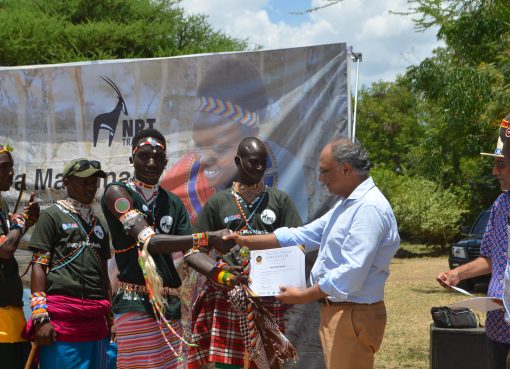Elder abuse is one of the least investigated forms of abuse and remains unrecognized and hidden from the public.
The abuse is mostly perpetrated by someone trusted and well known to the older persons such as a family member or friend.
Principal Secretary State Department for Social Protection and Senior Citizen Affairs Joseph Montari noted that older persons in Kenya continued to suffer multiple violations of their social, cultural, political and economic rights.
They suffer from a wide range of abuse, neglect or abandonment, exploitation, denial of opportunities, and lack of recognition which leads to loneliness and isolation, he noted.
The elderly have also been faced with dispossession of property especially land and cash transfer-related abuse where some caregivers misuse the stipend meant for the older person, said Montari.
In a speech read on his behalf by Vincent Mogaka during celebrations to mark the World Elder Abuse Awareness Day in Ngong Kajiado County, the PS added that older persons, especially women, suffered stigmatization, sexual violence and exploitation.
Such vices emerge from the erosion of traditional protection systems, commercialization, care and support, the proliferation of individualism, unsustainable urbanization, poverty, and pandemics.
Montari said older persons are important members of the society and have the right to live in dignity and urged Kenyans to respect and treat the older persons with the dignity they deserve.
“Kenya’s population of older persons has reached 2.7 million, representing six percent of the total population. We must recognize their contributions, protect their rights, and ensure their dignity and respect,” he said.
Montari further noted that families could be the greatest source of support for older persons but also, under unfortunate circumstances, the greatest source of harm.
He reiterated that elder abuse could only be eradicated if families, care givers, and the society were aware and knowledgeable about elder abuse, report these cases, follow the rule of law and understand how to respond appropriately.
The PS revealed that the government recognizes the important role older persons played, their substantial contribution to society, and would continue doing everything possible to protect and safeguard their lives.
“Older persons have a right to participate in the affairs of the society; pursue their personal development, live in dignity and respect; are free from abuse; and receive reasonable care and assistance from their families and the State,” the PS said.
He said over Sh18 billion annually has been allocated for older persons through the Inua Jamii Cash Transfer Programme benefitting over 700,000 vulnerable older persons.
“The government has also established statutory institutions which implement interventions that ensure the rights of older people are safeguarded,” said Montari.
To safeguard the wellbeing of order persons, Kenya has a constitutional provision under Article 57 that recognizes older persons as distinct rights holders and obligates the State to take measures to ensure their rights are recognized.
Mungai wa Ng’ethe, 80, one of the elderly people who attended the event, said that elderly persons were suffering since the money they received from the government was not disbursed on time.
He added that many of the elderly people faced a lot of challenges since they have been neglected by their families.
According to Anastasia Wangui, many of the elderly people have not yet been registered as senior citizens so as to receive money from the government and urged the government to come up with a plan to ensure they get registered.
The World Elder Abuse Awareness Day is celebrated each year all over the world on 15th June to highlight one of the worst manifestations of ageism and inequality in our society, elder abuse.
The day was officially recognized by the United Nations General Assembly in its resolution 66/127, December 2011, following a request by the International Network for the Prevention of Elder Abuse (INPEA), who first established the commemoration in June 2006.
By Jimmy Kariuki and Rop Janet





